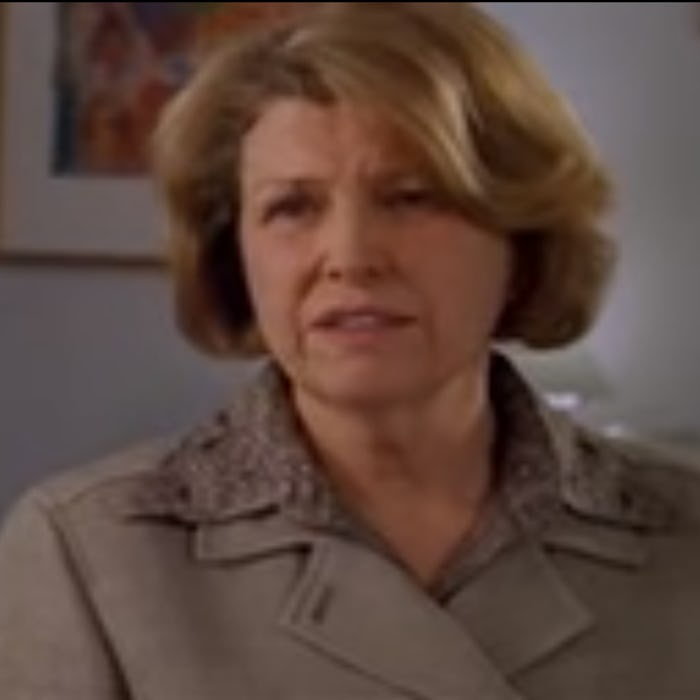Entertainment

'Love Actually' Cut A Lesbian Storyline That Would Have Made The Movie More Amazing — VIDEO
A romantic comedy-turned-holiday favorite, Love Actually is known for showcasing and embracing all kinds of complicated love stories. From a widow moving on to a budding romance between adolescents to a difficult love triangle, it seemed like there wasn't a romantic situation the writers and/or director didn't cover. Except, unfortunately, same-sex relationships.
It was recently revealed that a same-sex subplot existed in Love Actually, but was cut from the final version, much to director Richard Curtis’s dismay. The lost storyline featured the headmistress of Emma Thompson's character's children's school, and her relationship with her female partner who — cue the tears — seems to be suffering from a life-threatening illness. Later, the headmistress character was removed altogether, deleting any possible inclination that another story was missing.
As perfect as Love Actually is, knowing that the producers removed a same-sex storyline makes it slightly flawed in my eyes. After all, the movie featured an array of characters of different social backgrounds, ages, races. Why couldn’t they make room for LGBT characters? And especially ones who have to overcome an additional obstacle of illness?
While it is difficult to dismiss the beloved film entirely, it is equally difficult to not think about the possible (and positive) "what ifs" had the directors kept the lesbian couple in the film. In fact, here are some ways the same-sex storyline would have made Love Actually even better than it already is.
1It Would Have Been More Inclusive
Leaving out a large population of people and their romantic situations, can contribute to feelings of otherness. It would have been beyond wonderful to provide a story that could have given same-sex couples the ability to point at the television and whisper, "Hey, that's us!" Everyone deserves to feel validated for being themselves. Everyone deserves representation so they don't feel like they're unwanted, undeserving and unloved.
2It Would Have Been Progressive
There's no way of knowing for sure, but perhaps having a well-known movie highlight same-sex relationships would have moved the wheels of social progression forward at a quicker pace. Showing a lesbian partnership in the same light as a heterosexual couple, would have made it even more obvious that there is no difference. Love is love, and who you love is nothing but a, "tiny, insignificant detail."
3It Would Have Made The Movie More Valid
One of the most well-known quotes of the movie is made in the opening scene, when Hugh Grant's character describes the comings and goings in an airport and claims, "love actually is all around." But dismissing same-sex love goes against the entire premise of the movie, essentially discrediting same-sex love and the relationships that cultivate it. If love really is "all around", then all types of love should have been showcased.
4It Could Have Touched On LGBT Discrimination
Highlighting a same-sex couple could have uncovered (on a large, consumable scale) the discrimination LGBT individuals face on a daily basis. Society is constantly criticized for being passive and willfully naive to the plights of others, but putting a spotlight on even "small" actions of intolerance and bigotry, is an important part of combating them. If even one person's eyes were opened or one person had took the time to look internally at their own biases, it would have been a win.
5It Would Have Facilitated A Feeling Of Togetherness
Arguably the best part about Love Actually is the choice to showcase different stories being lived out by vastly different people, while simultaneously showing that those differences are not to be outdone by people's collective similarities. It would have been powerful if the movie makers showed that a man and a woman in love, feel extremely similar feelings than two women or two men in love. If we tend to view love as a binding emotion, it's a damn shame that Love Actually didn't use it to bind all of us, together.
Images: Universal Pictures; Giphy (5)